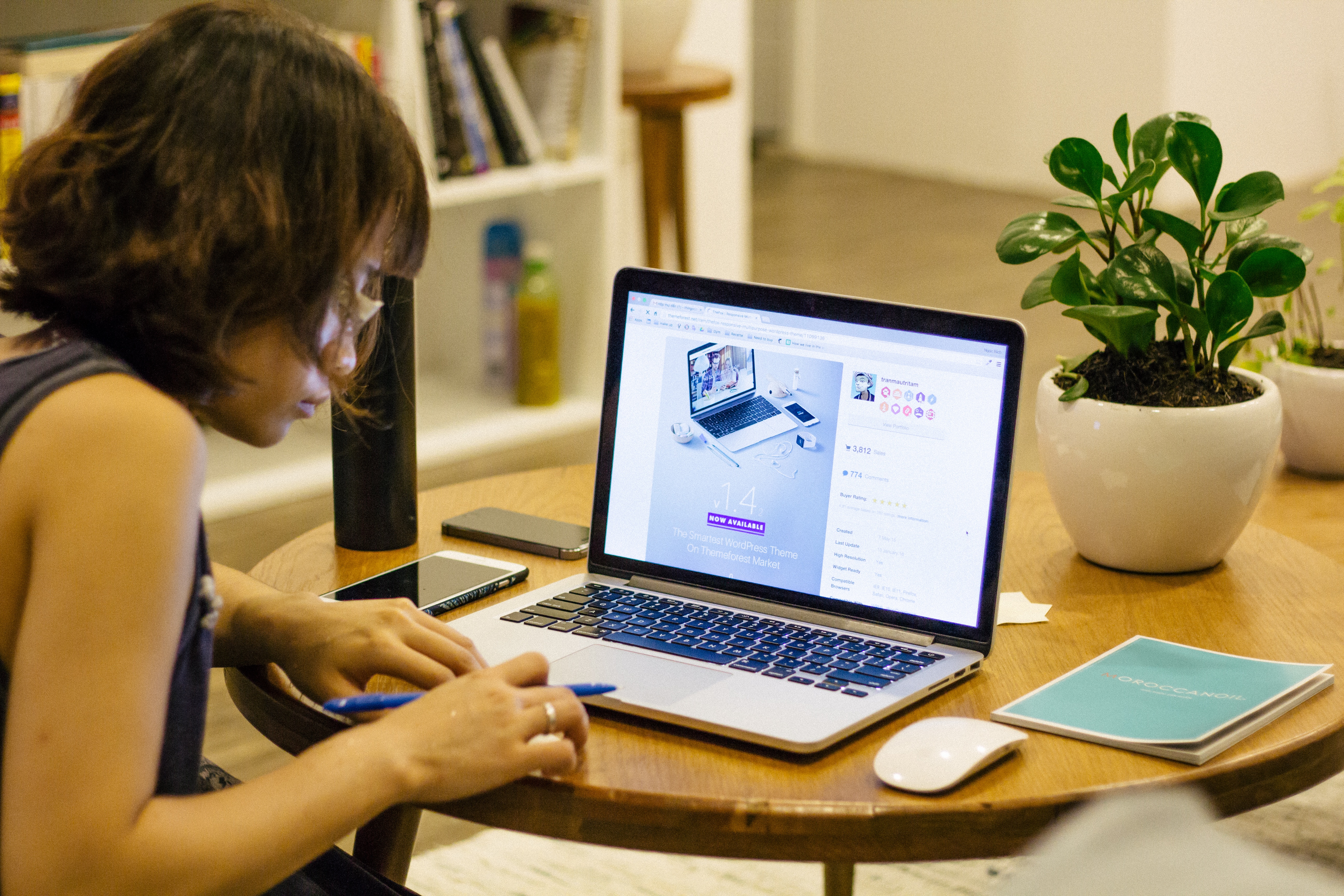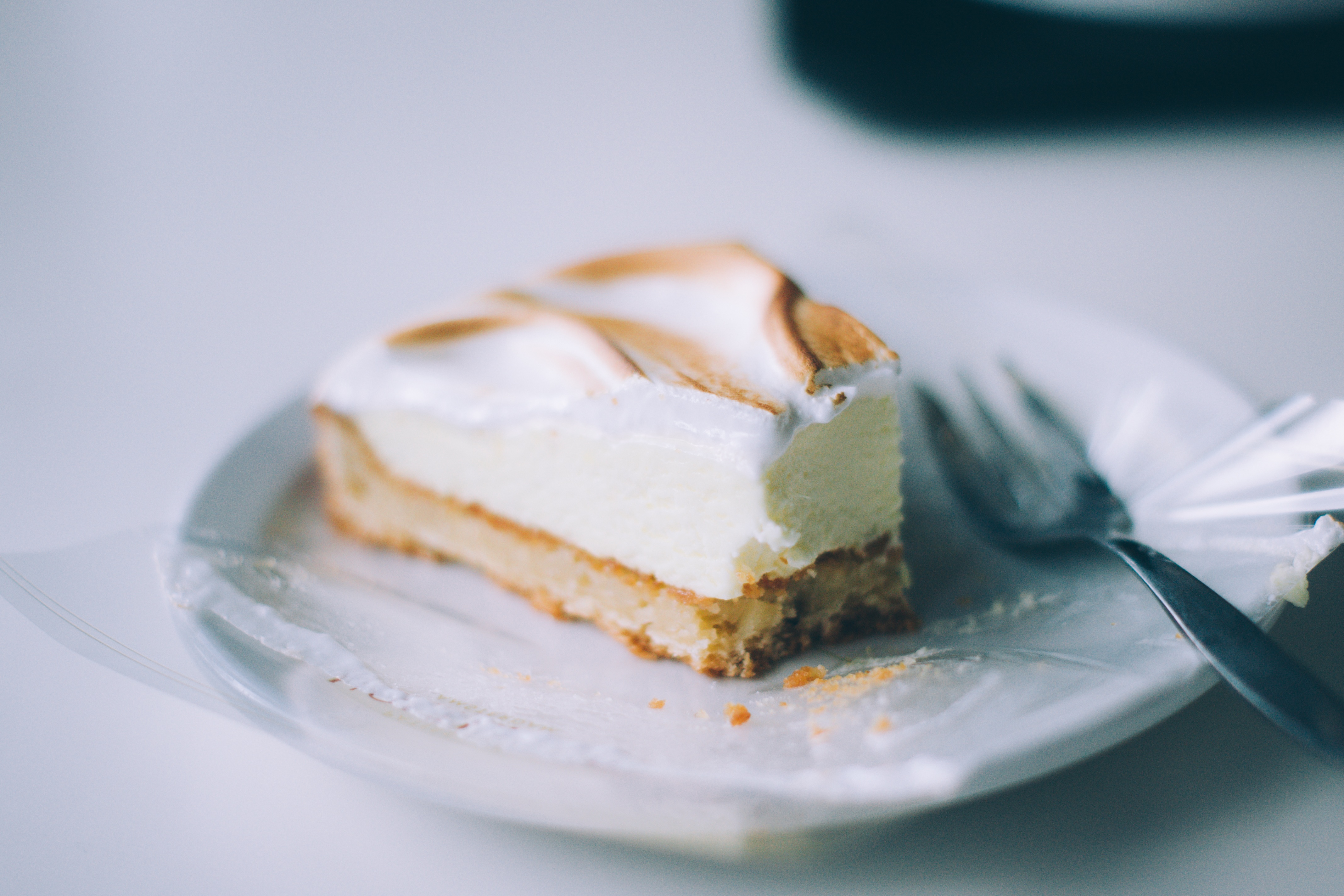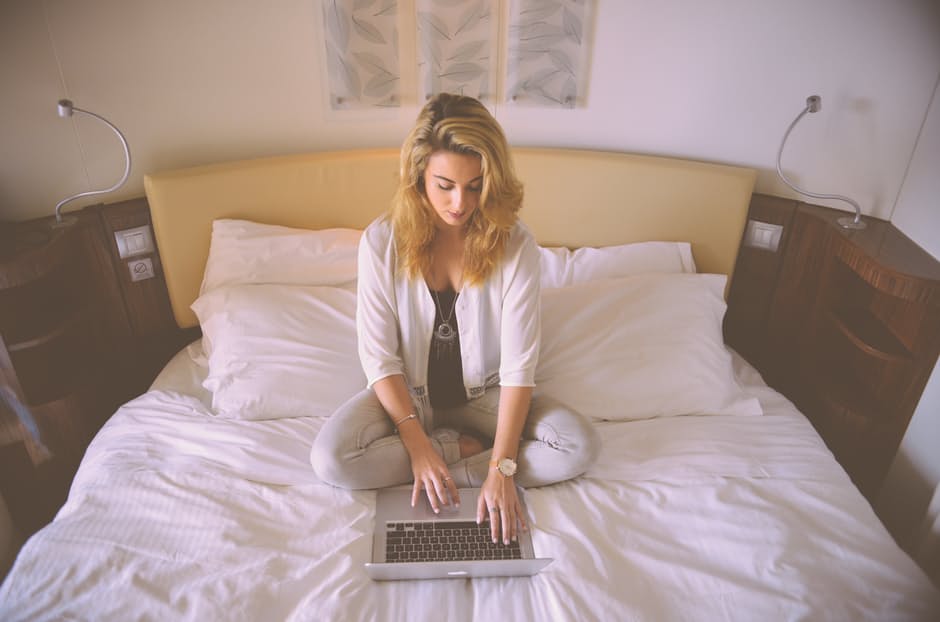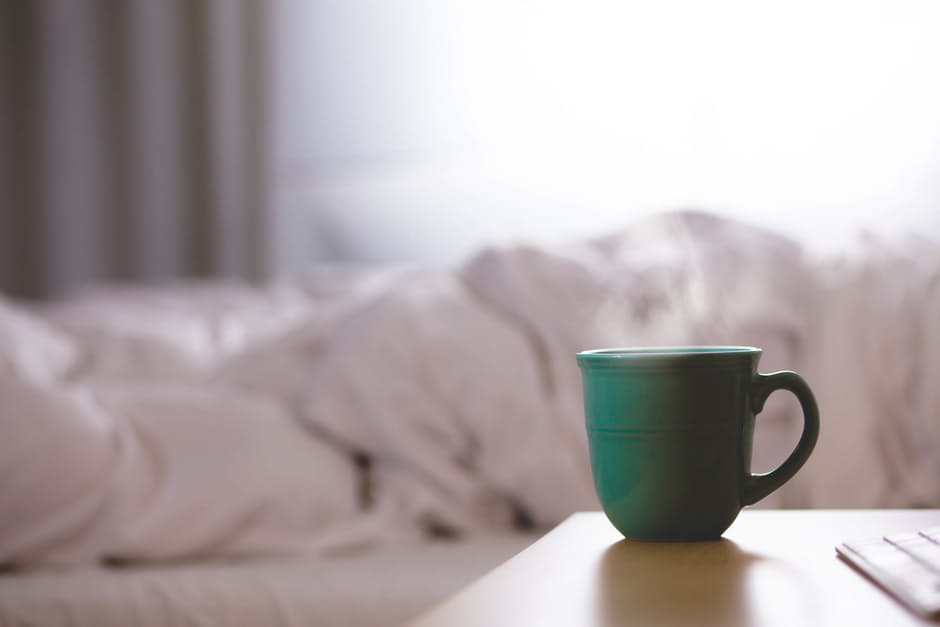It’s no secret. Your sleep is important. Sleep has many positive benefits: from improving memory and brain function to increasing levels of happiness. But, now with our lives being so heavily impacted by the digital age, and those bright little screens, we have to work extra hard to define a space for ourselves to relax, unwind and be able to have a good night’s sleep.
But how do you start? We have 5 simple ways that you can modify your pre-bedtime habits to maximize your chances of a worry-free doze.

- Don’t squeeze in that last hour of work
Creating a space that is sleep-only is a tough thing to do! Some of us eat, sleep and do work between the sheets, but while it may seem appealing to do work from your bed, it’s probably not the best idea – especially right before bed.
Your brain needs to unwind before settling into sleep, and actively engaging in work right before bed can keep your brain active – and if this a consistent habit, you can bet that your brain will start to associate what should be a safe, relaxing space with work.
How can you avoid this? Ensure that you follow a sleep routine that requires you to turn off all screens and put away all work 30 minutes prior to sleeping. This will help your brain unwind, be less active and ultimately not associate your room with work. Your body and brain will thank you.

- Don’t Raid the Fridge
Are you a late-night snacker? This could be causing you harm! Sleeping with a full stomach can make it harder to sleep, and especially if you’ve loaded up on unhealthy, salty or greasy foods right before sleep. These things can stimulate your brain and may even cause nightmares!
Avoid this by eating smaller, healthier meals before bed, or by skipping the night-time snack altogether.
- Don’t Stare at Screens
Watching your favourite show, surfing the internet and texting before bed could be worse for your sleep than you may think. Technology has advanced screens to mimic the sun – meaning that your eyes, and brain are stimulated whenever you’re staring at a screen. In fact, screen-gazing is known to suppress melatonin, the hormone that controls your sleep/wake cycle or circadian rhythm. Eep!
Make sure to stay away from screens and use a different way to unwind – from reading a book to listening to music and meditating, the idea is to set a tone of mindfulness and calm to help you drift into sleep.
- Don’t Have a Nightcap or a Cup of Coffee
Who knew? Having alcohol before bed can significantly affect your REM sleep! While alcohol is scientifically proven to help people fall asleep easier, it does reduce rapid eye movement, or REM sleep. This means a less fulfilling sleep.
Another drinkable culprit of bad sleep is caffeine. Known to keep you awake, coffee (decaf included), tea, sodas and even chocolate can contain the stimulant. Even if you decide to indulge in a cup of coffee 6 hours before bed, caffeine impacts your slumber for up to 12 hours.
Top tip? Stay away from both if you’re in need of a good sleep. Have something non-caffeinated or alcoholic earlier in the day can help you sleep more soundly.
- Don’t Go to Bed Angry
We’ve all had spats with our partners, or friends but did you know that having arguments right before bed can severely impact your ability to nod off?
We’ve mentioned before that your bed should be a haven for you to unwind, relax and find calmness, so avoid any situation (such as arguing) that will leave you tense and flustered – and maybe even replaying the argument over and over.
Feeling like something explosive is happening in your interactions? Step back, take a moment and decide if this is the best time for this interaction. Sleep it off and then pick up the conversation again when you’re not about to go to bed.



